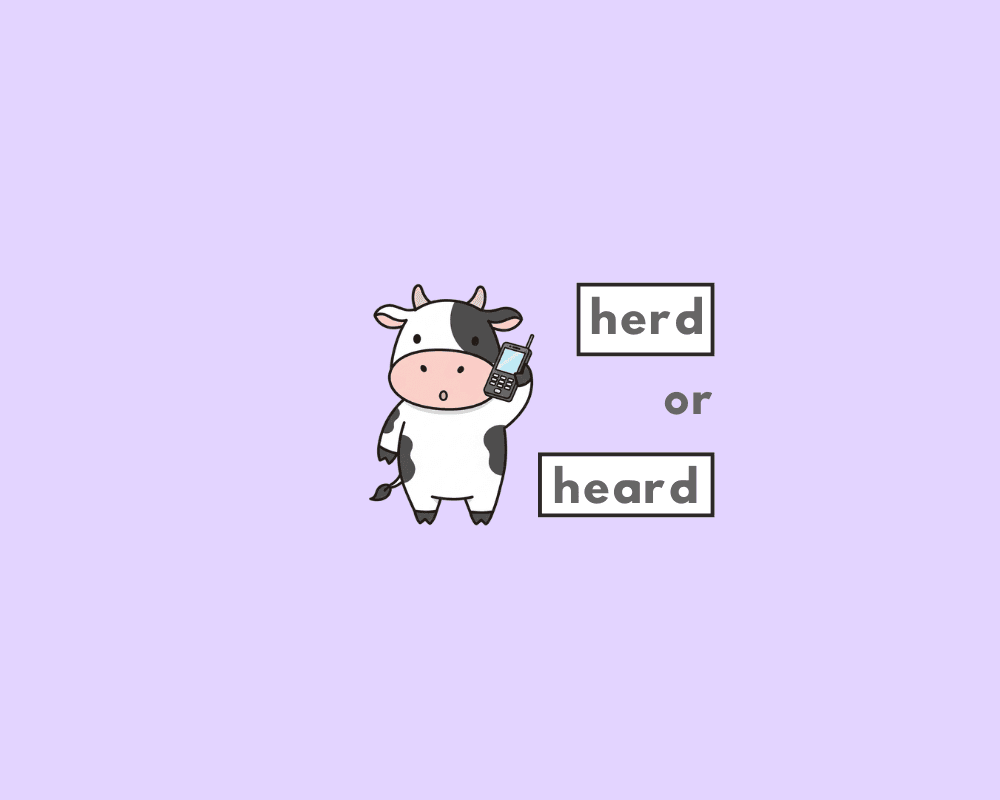What is the past tense of “know”?
The word to know (present tense), means “to have information in your mind as a result of experience or because you have learned or been told it.” We know things that we’ve learnt, or from our experiences and education.
- To know is the verb form of the abstract noun knowledge in the simple present.
- The simple past tense is knew (sounds just like new).
- The past participle, which pairs with auxiliaries (i.e., have/has/had) to create perfect and/or progressive tenses, is known.
What's the difference between knew and known
I knew the answer to the question.
I had known the answer, but it slipped my mind.
Sentence examples: know, knew, have/has/had known
| Verb form | Example sentences |
|---|---|
| know | |
| know (knowing, knows) |
I know the answer to this Jeopardy! question! She knows when she should be home. I think he knows what I want for my birthday. |
| knew |
I knew I would forget to bring a sweater. They knew she didn't like watching scary movies. We knew our way back home with our eyes closed. |
| known |
They had known about their friend's party, but weren't able to attend. If I had known you were coming, I would have baked a cake! I have known him since we were children, and we're still best friends. |
Synonyms of know
All of these words can be used to convey a similar meaning to “know” – that the subject has information or understanding about something. However, there may be subtle differences in connotation or usage, so it’s important to choose the appropriate word for the specific context.
- understand
- comprehend
- grasp
- realize
- recognize
- fathom
- be aware of
- be familiar with
- have knowledge of
- be cognizant of
Origin of the word know
Old English cnawan “perceive a thing to be identical with another,” also “be able to distinguish” generally from Proto-Germanic *knew.
Phrases/idioms with know
| Phrase | Meaning |
|---|---|
| a little knowledge can be a dangerous thing | Having a small amount of information can lead to incorrect or harmful actions or decisions. |
| you never know | Literal; you can't predict the outcome of a situation in its entirety. |
| to know the ropes | To be proficient at something; to be familiar with the procedures or methods of doing something. |
| you know what they say | A common way to introduce a popular belief or assumption. |
| to let someone know | Literal; to keep someone apprised; to inform them. |
| to know [something] by heart | to recover and succeed again after destruction or failure |
| don’t know whether you’re coming or going | to anger or seriously annoy someone |
| to know someone inside out | a cheerful way to tell someone to wake up and get going |
| it's not what you know, it's who you know | Personal connections matter more than credentials or the grades you earned. |
| all in the Kool-aid but don't know the flavour | To involve oneself in something one knows little or nothing about. |
| better the devil you know than the one you don't | It's better to choose the familiar option when faced with several uncertainties. |
Worksheet: “Known” conjugations
She ______ the answer to the question immediately.
He had ______ about the surprise party for weeks.
Everyone in the class ______ the rules of the game.
She smiled, ______ that her hard work had finally paid off.
I don’t ______ how to solve this difficult puzzle.
FAQs
What is the simple past tense of ‘know’?
+
When do I use ‘known’ in a sentence?
+
How is ‘known’ used in perfect tenses?
+
What’s the difference between ‘knew’ and ‘known’?
+
Can ‘knew’ be used after ‘have’ or ‘had’?
+
Sources
-
Wikipedia. 2023. “Indo-European ablaut.” Wikimedia Foundation. Last modified January 10, 2023. https://en.wikipedia.org/wiki/Indo-European_ablaut.
Yash, D. "Know, Knew, Known: Which is the Correct the Past Tense?." Grammarflex, Sep 21, 2025, https://grammarflex.com/know-knew-known-which-is-the-correct-the-past-tense-and-past-participle-of-know/.








